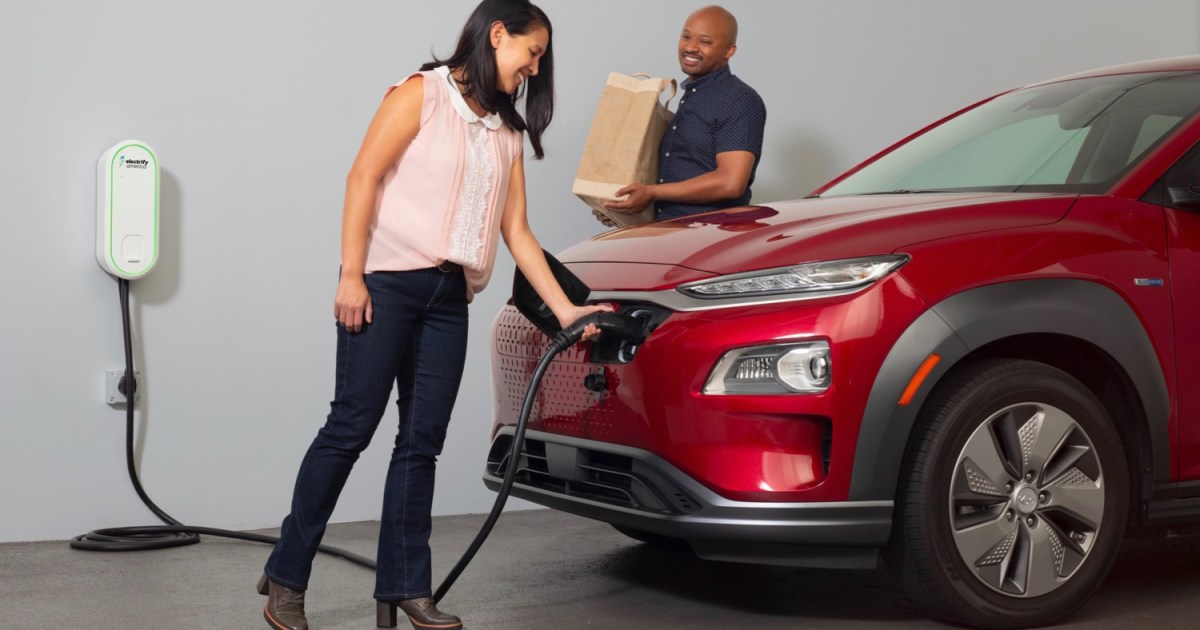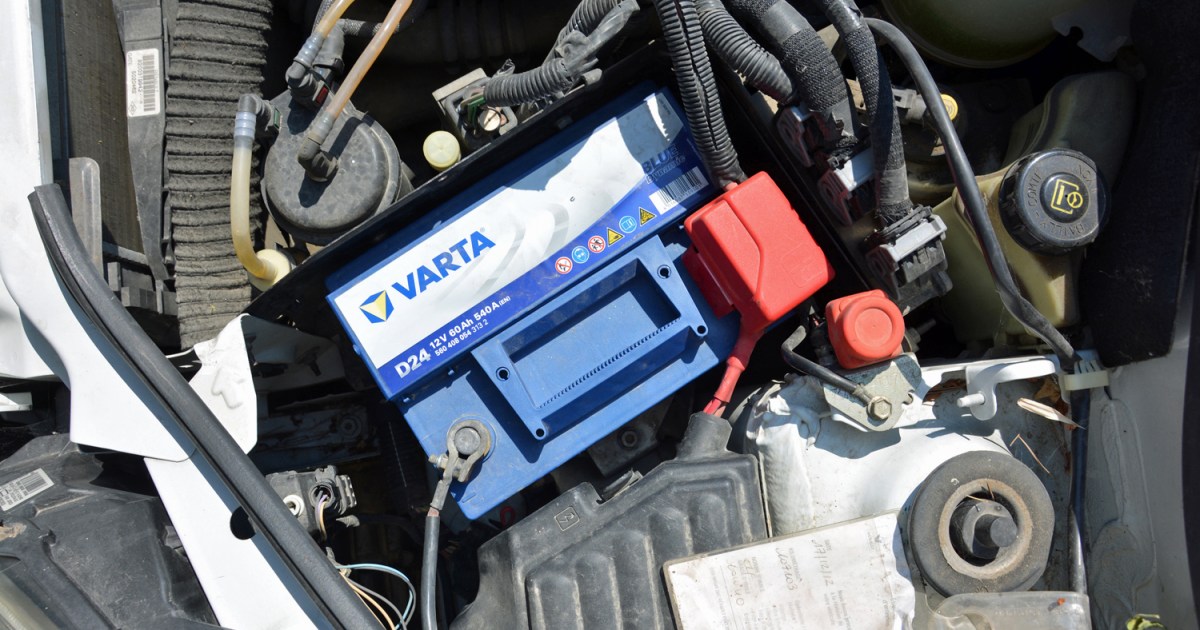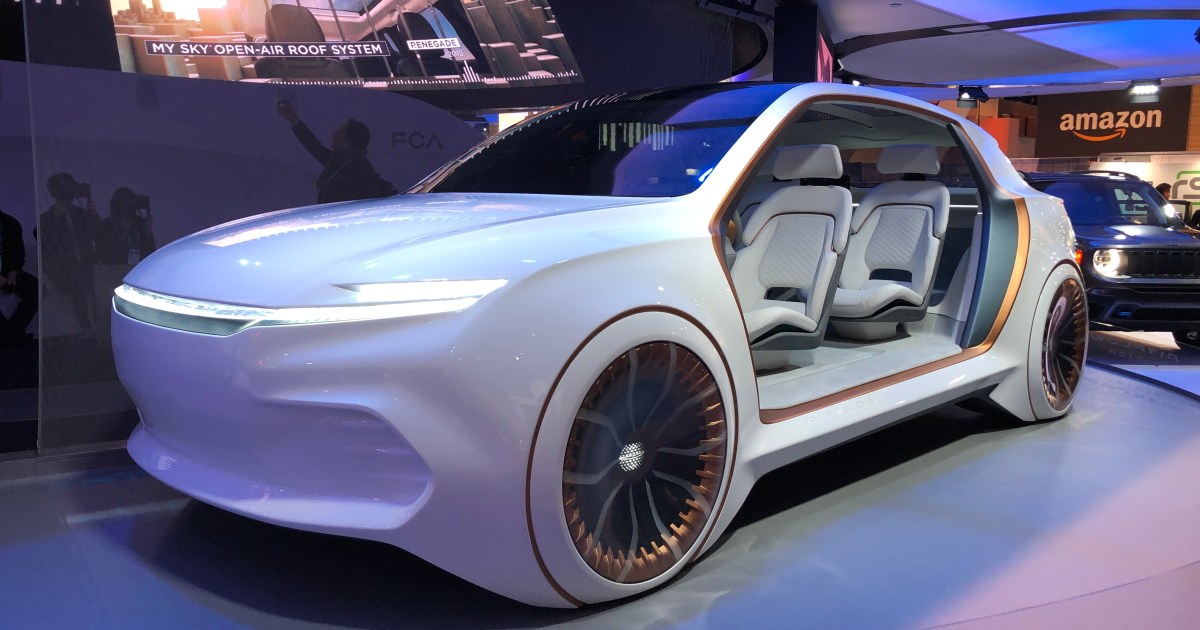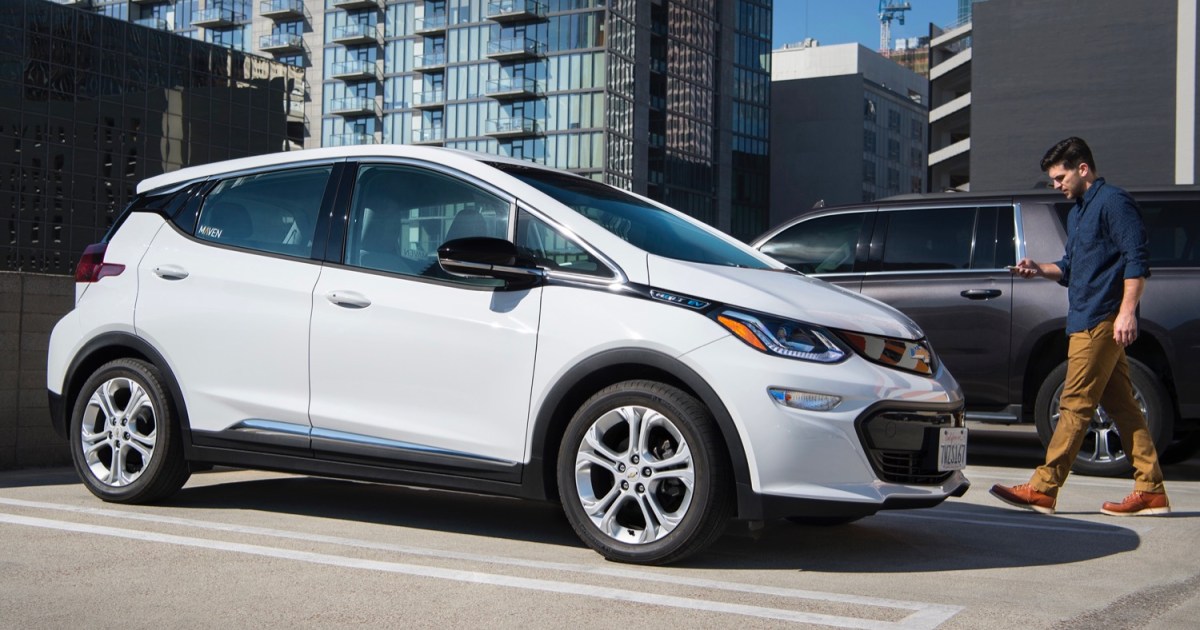Electric vehicles (EVs) are rapidly gaining popularity, but the terminology surrounding their specifications can be confusing. Terms like kilowatts (kW) and kilowatt-hours (kWh) often leave potential buyers scratching their heads. This guide breaks down these key EV metrics and explains how they relate to familiar concepts like horsepower and fuel tank size.
Understanding Kilowatts (kW) for Power
In the context of an electric car’s motor, kilowatts (kW) are analogous to horsepower. They indicate the power output of the motor and directly influence acceleration and overall performance. A simple conversion to keep in mind is that 1 kW is roughly equivalent to 1.34 horsepower. So, a 100 kW motor roughly translates to 134 horsepower. For example, the Tesla Model S Plaid, with its combined 451 kW across two motors, boasts an impressive 600+ horsepower.
Decoding Kilowatt-hours (kWh) for Battery Capacity and Range
Kilowatt-hours (kWh) represent the battery capacity of an EV and are directly related to its range. Think of kWh as the equivalent of fuel tank size in a gasoline car. A larger kWh value signifies a bigger battery and, consequently, a longer driving range. While most EV manufacturers list the estimated range, understanding kWh provides another way to assess potential driving distance. A general rule of thumb is that 1 kWh translates to roughly 4 miles of range. Therefore, a 50 kWh battery would offer an estimated range of around 200 miles. The Porsche Taycan, with its 93.4 kWh battery, boasts a range exceeding 250 miles on a single charge.
Kilowatts (kW) for Charging Speed
Adding to the potential confusion, kilowatts (kW) also describe the charging rate of an EV. This refers to how quickly the battery can replenish its energy. A 10 kW charger will add 10 kWh to your battery per hour of charging. Tesla’s Supercharger network, with charging rates often exceeding 150 kW, can add significant range in a short amount of time. This rapid charging capability is a key advantage of EVs, minimizing downtime during long journeys.
Making Sense of EV Specs
While kW and kWh might seem daunting at first, understanding their significance empowers you to compare EVs effectively. By relating them to horsepower, fuel tank size, and refueling speed, you can confidently navigate the world of electric car specifications. Fortunately, the industry is increasingly standardizing these metrics and presenting them in more user-friendly terms like horsepower and miles of range, simplifying the EV buying process for everyone.











